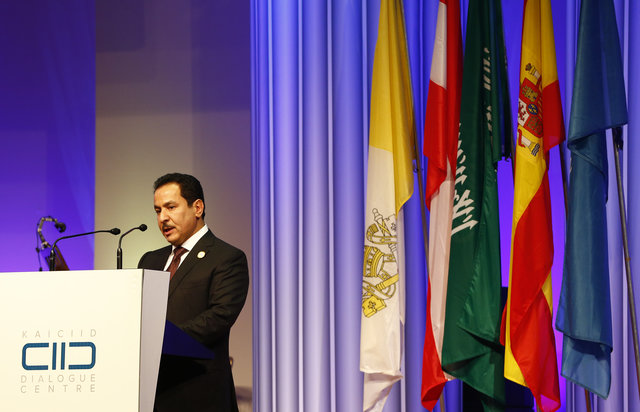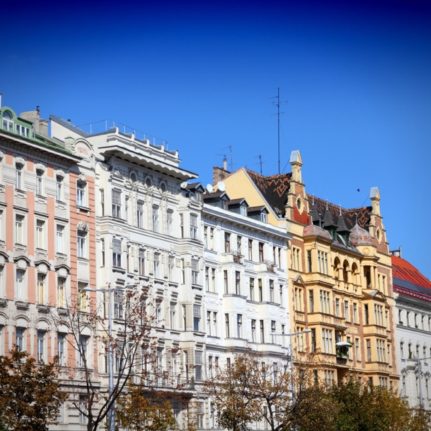MPs voted on Wednesday to demand the King Abdullah bin Abdulaziz International Centre for Interreligious and Intercultural Dialogue (KAICIID) be closed down following repeated criticism of Saudi Arabia's human rights record.
The latest vote was prompted by a recent case in which an 18-year-old was sentenced to death in Saudi Arabia for alleged crimes committed when he was a child.
Austria's foreign ministry said that it would comply with parliament's decision and was “checking the necessary legal steps” in order to do so.
The centre would be closed in a way that “will not cause damage to Austria's foreign policy interests and which is in line with international practice,” the ministry said in a statement.
The centre has been a periodic source of controversy since opening in 2012, with critics saying it offered the government in Riyadh a way to gloss over accusations of severe human rights violations.
In a statement on Wednesday KAICIID said it had “received the news of today's parliamentary vote with concern”.
“KAICIID stands by its record in fostering dialogue all over the world. It should be judged on this record,” the statement said.
KAICIID said its “activities cannot… be identified with any particular state”.
The centre was opened with great pomp by UN chief Ban Ki-moon and senior figures from the world's main religions.
Its founding treaty was signed by Austria, Spain and Saudi Arabia, with the Holy See participating as a founding observer.
Until recently the centre had always enjoyed a degree of political protection in Austria, particularly from the centre-right People's Party (ÖVP) and its leader Sebastian Kurz.
But the collapse of Kurz's government last month, and his subsequent removal as chancellor in a confidence vote, meant that other parties were able to join forces to vote for Wednesday's motion on KAICIID.
In 2015 the then Chancellor Werner Faymann, who hailed from the centre-left, threatened to withdraw support from the centre unless it condemned the public flogging of Saudi blogger Raef Badawi.
At that time Kurz was foreign minister and the ÖVP did not join Faymann's criticism.



 Please whitelist us to continue reading.
Please whitelist us to continue reading.